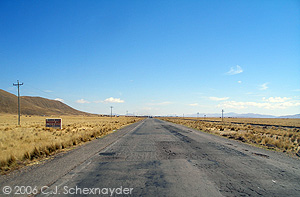Chris Westrup – University of Manchester Business School
The issue of spirituality does concern safe living, as well as reassurance about death. Issues of code and conduct arise around spirituality. They are difficult to research because of the ‘other minds’ problem. Can spirituality be a ‘science of protection’? How should it be addressed? Can it be described?
From the perspective of clinical psychology, spirituality has lifestyle benefits. From a sociological standpoint, religious consumers construct their own package of belief. It makes it hard for a shared faith to develop. But it is impossible to judge whether anything authentic occurs here.
In medieval Christian settings, safety was a major preoccupation. For eastern settings, things are a bit different. But what of code and conduct? In Margery Kemp’s biography, she describes her pilgrimages. She could be seen as mad or possessed. But what of the interior states? What evidence is there of a code of her inner experiences? The code available at that time was rather general. Only later did detailed codes of conduct become available, especially at the outset of the Counter-Reformation.
For instance, 89 states of mind, with many combinations are known in some Eastern schools of Buddhism. Code here is used to identify and formulate experience.
A thorough-going sociological account of spirituality would need to translate emic to etic accounts. In the Christian and Buddhist examples, conduct was seen as more important than the coding of experience. If spiritual traditions involve long training, how can naïve observers account for them? In short, how does one move from code to conduct? Spirituality can be seen as a design for safe living. Can they be seen as a ‘science of protection’? The bricolage of spiritual practices is not new. But there is a less esoteric dimension to it – it is popular. There is a mixture of sociality andis s individualization. Some approaches have both code and conduct. Spirituality is being
Filed under: workshop 2 | Tagged: code, pilgrimage, spirituality | Leave a comment »








